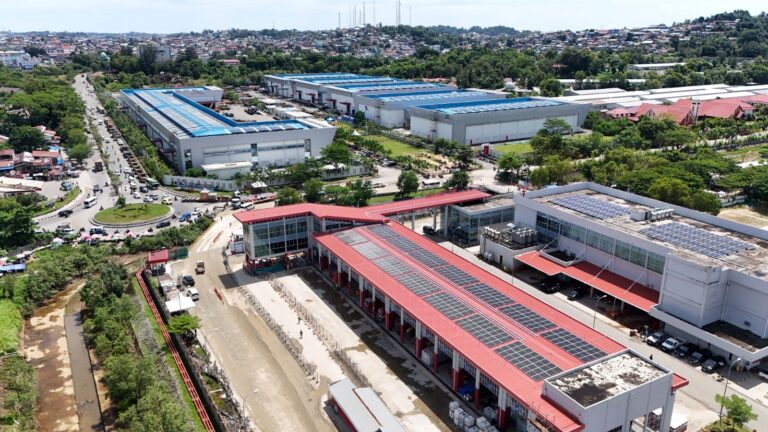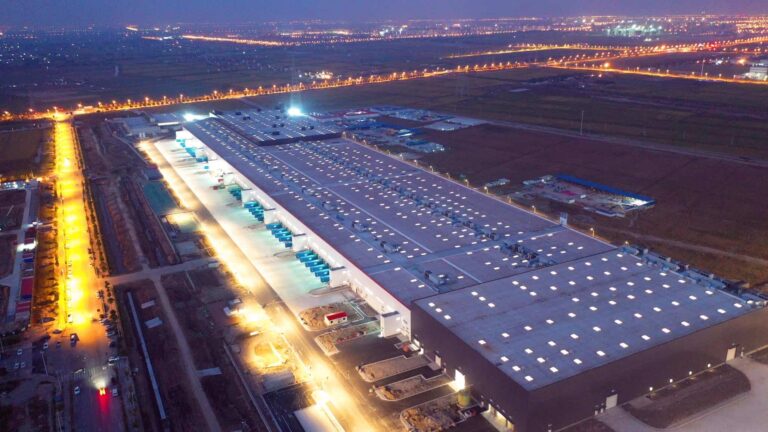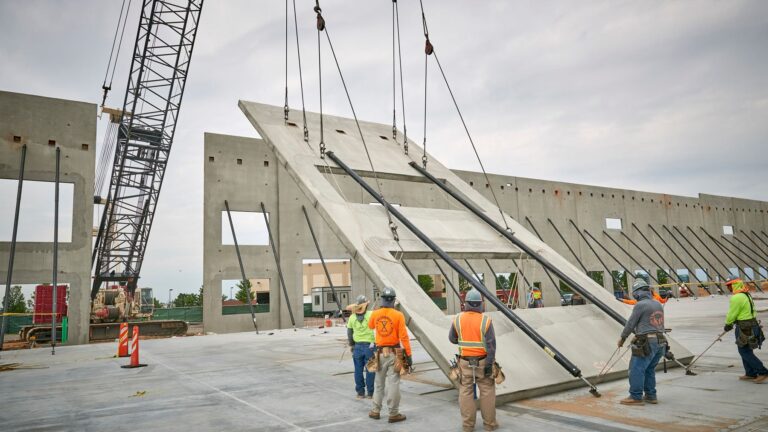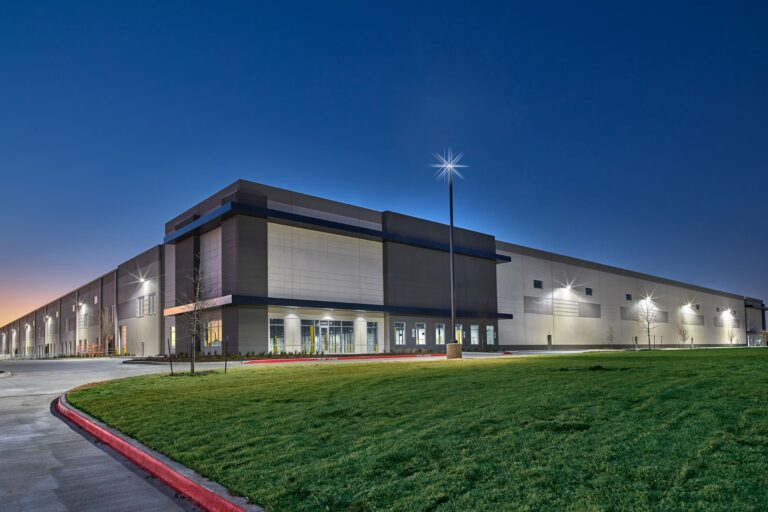Realterm Real Estate: In-Depth Insights, Technology Benefits, and Real-World Use Cases
Realterm Real Estate has established itself as a key player in the industrial and logistics real estate sector, with a specific focus on transportation-related properties. Unlike traditional real estate firms that target a wide range of property classes, Realterm specializes in assets that directly support the movement of goods and people. This includes airport-related infrastructure, logistics hubs, truck terminals, and other essential facilities that form the backbone of global commerce.
The company’s investment approach is driven by the increasing demand for supply chain efficiency and the need for specialized properties that support global trade. By acquiring, developing, and managing transportation infrastructure assets, Realterm provides critical real estate solutions that serve tenants ranging from logistics providers to e-commerce giants and airport authorities.
The Core Strategy of Realterm Real Estate
At the heart of Realterm’s strategy is its focus on transportation-advantaged real estate. This means the company identifies and invests in assets located at critical junctions of global supply chains, such as major airports, seaports, and highway interchanges. These locations are crucial for tenants who require fast and efficient access to regional, national, and international markets.
Another key element of Realterm’s strategy is long-term value creation. Rather than focusing solely on short-term returns, the company prioritizes assets that will remain relevant in the future economy. This forward-looking approach has enabled Realterm to expand its portfolio across North America, Europe, and Asia, reflecting both geographic diversification and industry specialization.
Why Realterm Focuses on Transportation Infrastructure

The demand for transportation infrastructure real estate is growing as global trade expands and e-commerce reshapes consumer behavior. Traditional industrial real estate often fails to address the unique needs of logistics and transport operators, creating opportunities for specialized players like Realterm.
By focusing on transportation infrastructure, Realterm ensures its assets are highly functional for tenants who require seamless connectivity. For instance, an air cargo facility near a major airport offers significant advantages for companies managing time-sensitive shipments. This specialization positions Realterm as a unique leader in the market, differentiating it from more generalized real estate investment firms.
Real-World Examples of Realterm Real Estate in Action
Airport Cargo Facilities
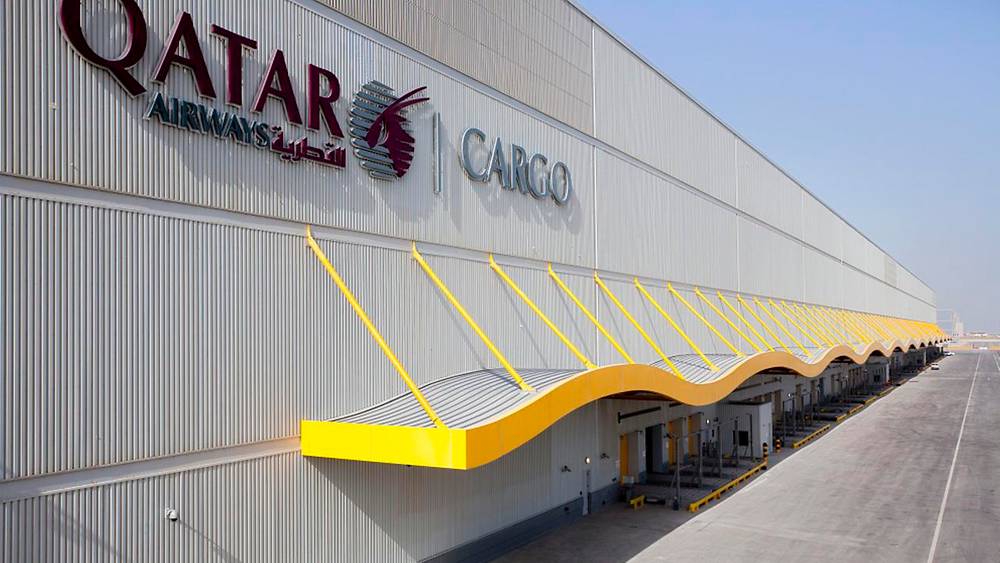
One of Realterm’s most prominent areas of investment is in on-airport and near-airport cargo facilities. These properties support the growing demand for air freight, driven by industries such as pharmaceuticals, high-value manufacturing, and e-commerce.
For instance, Realterm has developed and managed specialized cargo buildings that provide secure storage, temperature control, and direct airside access. These facilities streamline the movement of goods from aircraft to ground transport, reducing transit times and improving supply chain reliability.
Logistics Hubs for E-Commerce
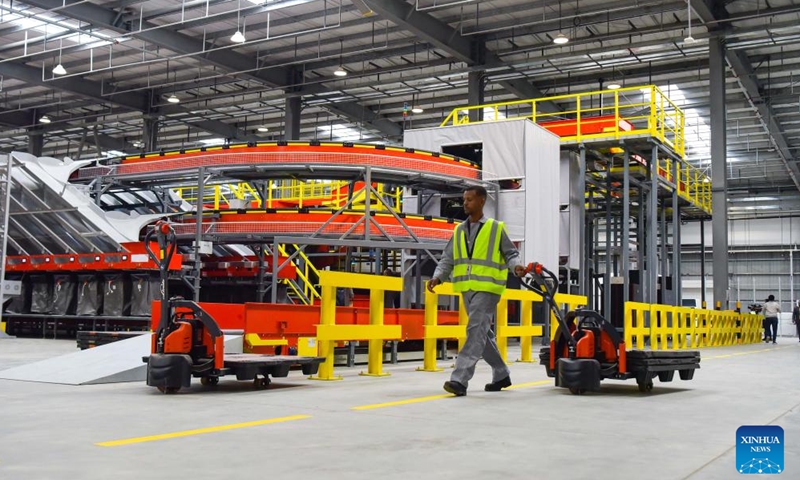
As e-commerce continues to expand, Realterm has acquired and developed properties tailored for last-mile and regional distribution. These logistics hubs are strategically positioned near major highways and population centers, enabling rapid delivery to consumers.
A typical example is a logistics park where Realterm invests in cross-dock truck terminals. These facilities allow for efficient transfer of goods between long-haul and local delivery vehicles, ensuring faster shipping times and cost savings for tenants. The growing reliance on just-in-time delivery makes these assets critical to modern supply chains.
Transportation-Centric Truck Terminals
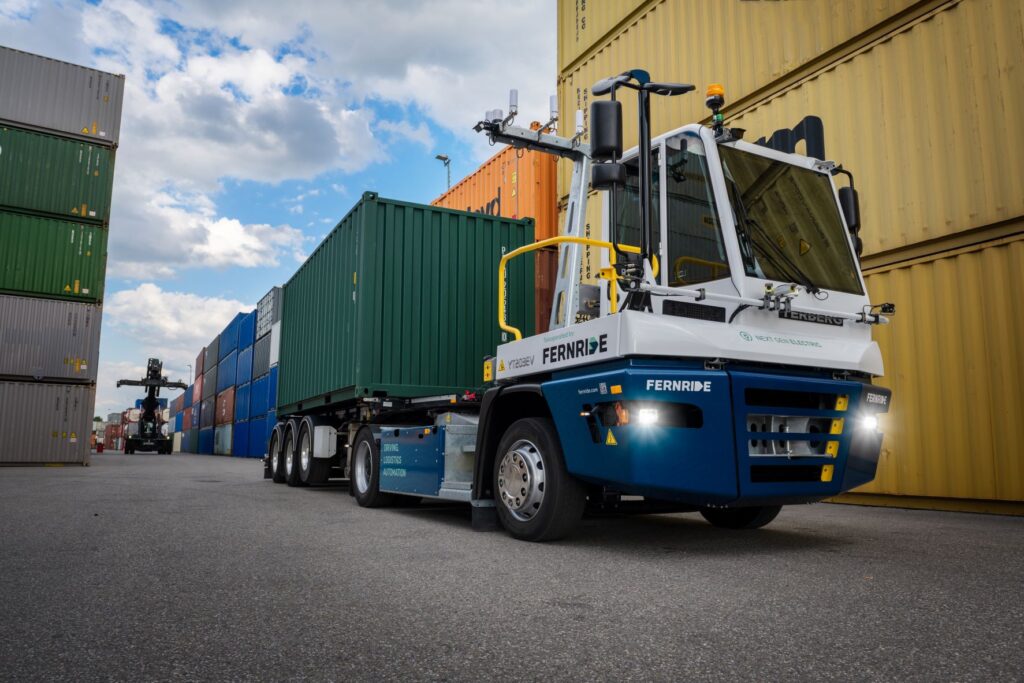
Truck terminals are another core asset class for Realterm. These facilities provide essential infrastructure for logistics companies managing fleets of trucks and trailers. They typically include parking, maintenance areas, and access to major transportation corridors.
Realterm’s investment in truck terminals helps logistics companies optimize fleet operations and reduce inefficiencies. By strategically locating these properties, Realterm ensures tenants can minimize downtime, reduce fuel consumption, and improve service levels. This creates long-term value both for tenants and property owners.
Sustainable Industrial Developments
In response to growing environmental concerns, Realterm has also integrated sustainability into its property portfolio. The company has invested in energy-efficient building designs, renewable energy integration, and eco-friendly logistics hubs.
For example, some of Realterm’s facilities incorporate solar panels, LED lighting systems, and advanced water management infrastructure. These initiatives not only lower operating costs for tenants but also support broader corporate sustainability goals, making Realterm properties attractive to environmentally conscious clients.
Benefits of Realterm Real Estate
Strategic Location Advantage
Realterm’s focus on transportation infrastructure provides tenants with prime access to supply chain networks. This advantage enhances efficiency and reduces costs for logistics operators, manufacturers, and retailers.
Long-Term Value Creation
By targeting assets with enduring relevance, Realterm delivers consistent returns to investors while ensuring tenants have access to facilities that meet future demands. Their forward-looking approach protects against market fluctuations.
Specialized Expertise
Unlike generalist real estate firms, Realterm’s specialized expertise in transportation-related assets allows it to provide tailored solutions. This specialization enhances the value proposition for tenants and investors alike.
Technology Integration and Sustainability
Realterm leverages advanced technology and sustainability practices to create smarter, greener properties. From automated logistics hubs to energy-efficient designs, these innovations align with both tenant needs and global sustainability trends.
Technology in Realterm Real Estate
Technology plays a significant role in Realterm’s property management and development strategies. The company adopts smart building technologies that enhance operational efficiency and tenant experience.
For example, Realterm integrates building automation systems to monitor energy usage, HVAC performance, and security operations. Additionally, data analytics tools are used to understand tenant demands, predict maintenance needs, and optimize space utilization. These technologies reduce costs while improving functionality, ensuring Realterm properties remain competitive in a fast-changing industry.
Use Cases of Realterm Real Estate
Supporting E-Commerce Growth
Realterm properties play a vital role in supporting the explosive growth of e-commerce. By providing strategically located logistics hubs, the company enables online retailers to meet customer expectations for fast and reliable delivery.
Strengthening Global Trade Infrastructure
By investing in airport cargo facilities and logistics hubs near ports, Realterm enhances the infrastructure that supports global trade. These properties help streamline import and export operations, improving efficiency for industries worldwide.
Promoting Sustainable Development
Realterm’s sustainable property initiatives demonstrate how industrial real estate can reduce environmental impact. By incorporating renewable energy and energy-efficient systems, the company sets a standard for responsible development.
Enhancing Supply Chain Resilience
Realterm’s focus on strategically located transportation assets strengthens supply chain resilience. Their properties provide logistics operators with the flexibility to adapt to disruptions and maintain service continuity.
Future Outlook for Realterm Real Estate
Looking ahead, Realterm is well-positioned to benefit from macroeconomic trends such as continued e-commerce expansion, increased air cargo demand, and global supply chain reconfiguration. The need for specialized transportation infrastructure will only grow as companies prioritize efficiency and sustainability.
The future may also see Realterm expanding into new markets, exploring more advanced sustainable technologies, and integrating digital innovations such as AI-powered logistics management. By staying aligned with tenant needs and global trends, Realterm is poised to remain a leader in transportation-focused real estate.
Frequently Asked Questions
What makes Realterm Real Estate different from other real estate firms?
Realterm specializes in transportation infrastructure assets such as airport cargo facilities, truck terminals, and logistics hubs. This focus differentiates it from generalist firms and provides unique advantages to tenants and investors.
How does Realterm support sustainability in its properties?
Realterm integrates energy-efficient building designs, renewable energy systems, and sustainable construction practices into its developments. These initiatives reduce operating costs and support corporate environmental goals.
Why are transportation-related assets important in today’s economy?
Transportation-related assets are critical to global supply chains, ensuring goods move quickly and efficiently. With the rise of e-commerce and global trade, these assets have become more essential than ever for businesses and consumers alike.
